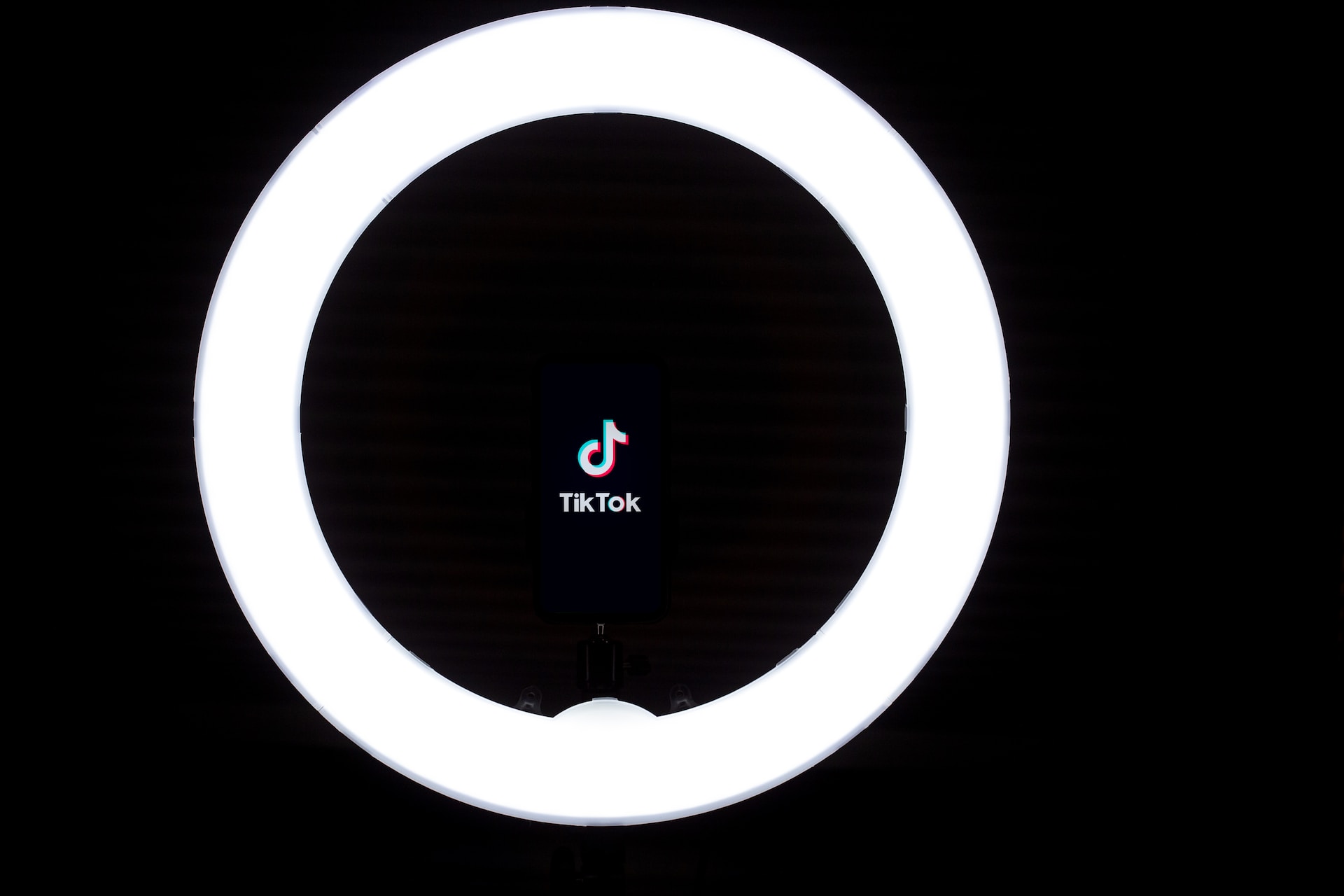TikTok, the wildly popular short-form video app, has had a complicated relationship with regulators in the European Union (EU) and beyond. The app’s ownership by Chinese company ByteDance has raised concerns about data privacy and security, leading to calls for greater transparency and accountability from the platform. Despite these concerns, a level-headed approach by the EU may be the best way to address the issues at hand.
One of the main concerns around TikTok is its data practices. There have been fears that the app may be sharing user data with the Chinese government, as well as concerns about how the app collects and uses user data. The EU has responded to these concerns by calling for greater transparency from TikTok.
In response to these calls, TikTok has made some changes to its data practices. For example, the app now provides clearer information about how user data is collected and used, and has implemented stronger security measures to protect user data.
However, there is still work to be done to ensure that TikTok is transparent and accountable in its handling of user data. The EU has called for further improvements, including more clarity in TikTok’s terms and conditions, and greater transparency around how user data is shared with third-party providers.
Despite these concerns, a level-headed approach by the EU may be the best way to address the issues at hand. A ban on TikTok, as some have called for, may not be the most effective solution. Such a ban could simply drive users to other, less transparent platforms, where their data may be even more vulnerable.
Instead, the EU’s approach of calling for greater transparency and accountability from TikTok is a sensible way to address the issues at hand. This approach recognizes the value of social media platforms like TikTok, while also protecting the privacy and security of EU citizens.
Moreover, TikTok can also be seen as a potential boon for the EU, especially in the wake of the COVID-19 pandemic. With many businesses struggling to survive, TikTok has provided a platform for small businesses to reach a wider audience, and has helped to drive sales for these businesses.
In addition to its potential economic benefits, TikTok has also become a cultural force in the EU. The app has been credited with popularizing various dance trends and music genres, and has helped to connect people from different backgrounds and cultures.
As such, a level-headed approach to TikTok in the EU may not only protect the privacy and security of EU citizens, but also foster economic growth and cultural exchange.
In conclusion, the EU’s level-headed approach to TikTok is a sensible way to address the issues surrounding the app’s data practices. While concerns about data privacy and security are certainly valid, a ban on TikTok may not be the most effective solution. Instead, the EU’s approach of calling for greater transparency and accountability from TikTok is a sensible way to protect the privacy and security of EU citizens while recognizing the value of social media platforms like TikTok. Furthermore, the app can provide economic benefits and cultural exchange within the EU, making it a valuable asset to the region.




